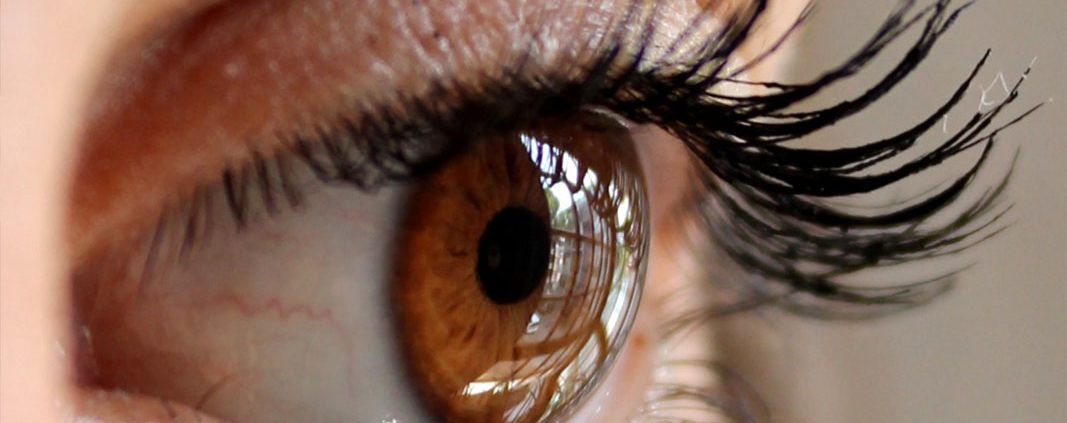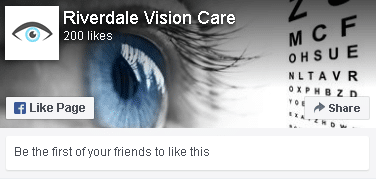What are Ocular Migraines?
If you’ve ever had the frightening experience of temporarily losing vision in one eye, you may be dealing with a rare but concerning condition known as ocular migraines. In this article, we’ll explain what ocular migraines are, what causes them, and what you need to do if you believe that you are suffering from this condition.
Ocular Migraines Explained
Ocular migraines occur when blood flow behind the eye is constricted or the blood vessels behind the eye begin to spasm. The result is a temporary loss of vision in the affected eye that may last for an hour or more. Aside from the fear and discomfort caused by vision loss, ocular migraines can often be a pain-free experience. However, they may also be accompanied by a migraine headache. It’s thought that migraine headaches and ocular migraines both share the same cause, with both conditions being triggered when the brain releases inflammatory substances around the blood vessels and nerves in the patient’s head and brain.
It’s also important to note the distinction between ocular migraines and the less severe visual migraines. While both share similar symptoms, they are sperate conditions. Ocular migraines are considered to be the more serious of the two and tend to affect only one eye for a more extended period – as opposed to visual migraines which affect both eyes and have a shorter duration. With that said, it’s wise to see a doctor if you experience any vision loss, regardless of whether it is caused by an ocular migraine or a visual migraine.
Treating Ocular Migraines
While ocular migraines can be a frightening condition, they are typically relatively easy to treat and prevent using the same medication that is used to prevent migraine headaches. If you experience any form of vision loss – even if it is temporary – it is important to see an eye doctor as soon as possible. Vision loss may mean that you are suffering from ocular migraines or an even more serious condition.
At Riverdale Vision Care, we are experts who are treating and preventing ocular migraines as well as all other vision-related conditions. If you would like to schedule an appointment with one of our skilled physicians, we invite you to contact us today.





Leave a Reply
Want to join the discussion?Feel free to contribute!